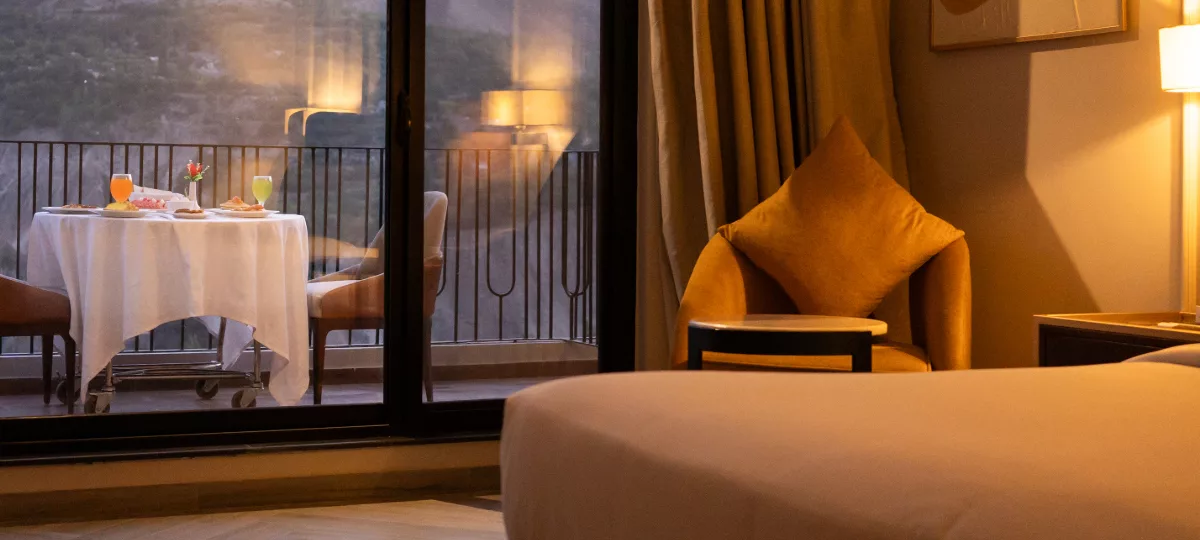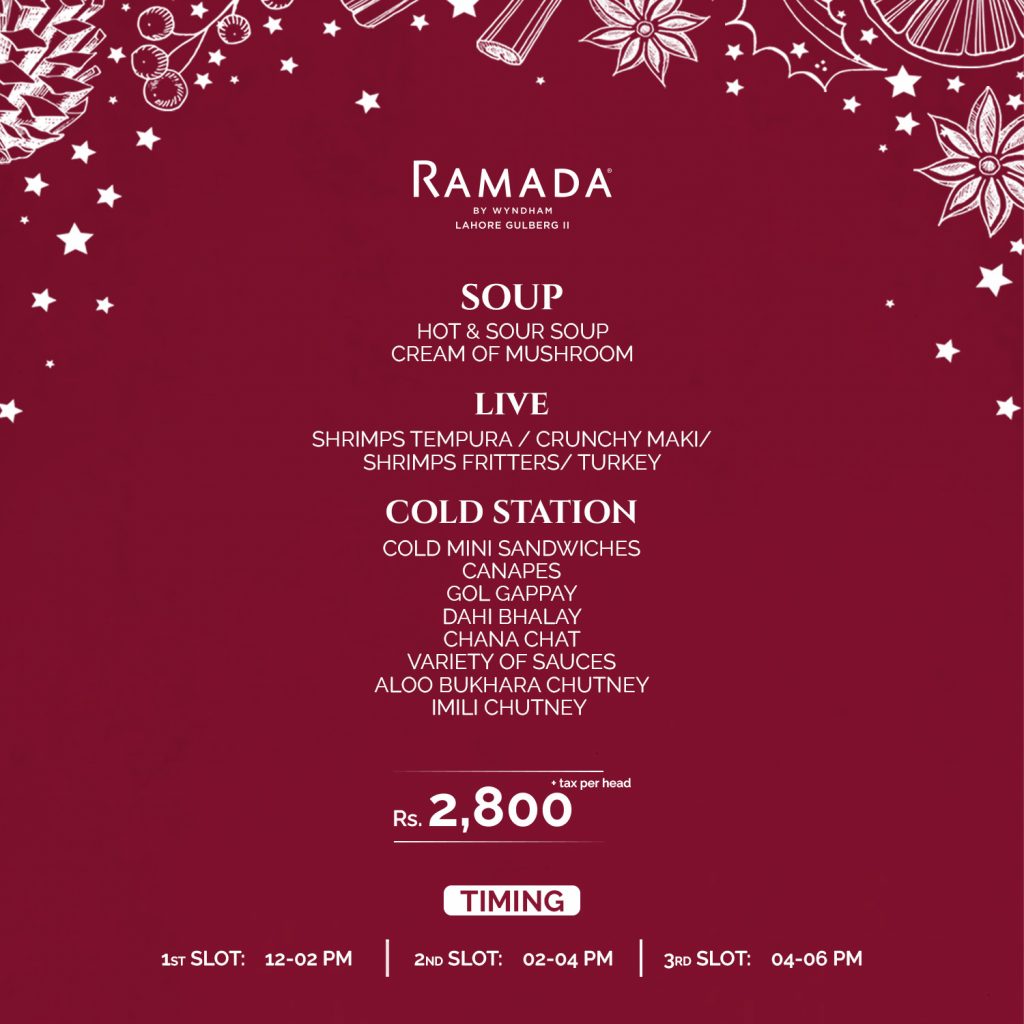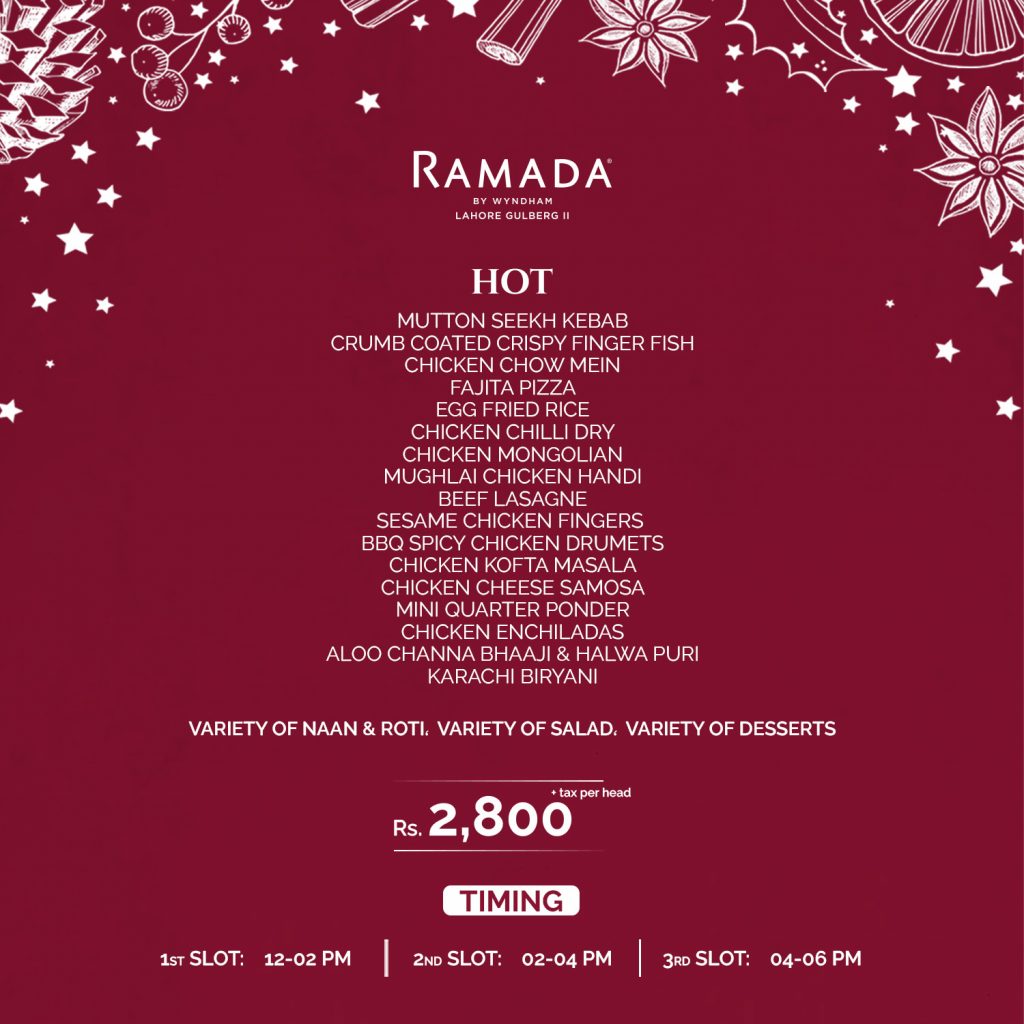Pakistan’s Tourism Renaissance: Where Ancient Heritage Meets Modern Hospitality
Pakistan stands at the cusp of a tourism revolution, emerging as one of the world’s most captivating yet underexplored destinations. With its breathtaking landscapes ranging from the towering peaks of the Karakoram range to the ancient ruins of Mohenjo-daro, Pakistan offers an unparalleled blend of natural beauty and rich cultural heritage that’s attracting international attention like never before.
Economic Impact: Tourism as an Economic Driver
Tourism contributes approximately $19.4 billion to Pakistan’s economy annually, supporting over 6 million jobs across the country and representing nearly 6% of the national GDP. The sector has shown remarkable resilience and growth potential, with domestic tourism expanding by 30% in recent years while international arrivals have increased by 40% since 2018, reaching over 1.9 million visitors annually.
The economic multiplier effect of tourism extends far beyond hotels and restaurants. Local handicrafts, transportation services, guide services, and agricultural products all benefit from increased tourist spending. In regions like Gilgit-Baltistan, tourism accounts for over 60% of local employment, transforming previously isolated communities into thriving economic hubs.
The Pakistan Tourism Development Corporation projects that with strategic infrastructure development and improved international marketing, tourism could contribute up to 10% of the national GDP within the next decade, potentially generating $35 billion annually and creating over 10 million jobs.
Pakistan’s Irresistible Global Appeal
Pakistan’s tourism appeal spans multiple categories, making it a versatile destination for diverse traveler preferences. The northern regions, particularly Gilgit-Baltistan and Hunza Valley, have become magnets for adventure tourism, attracting mountaineers, trekkers, and cultural enthusiasts from around the globe. Home to five of the world’s fourteen 8,000-meter peaks, including K2, Pakistan offers mountaineering experiences unmatched anywhere else on Earth.
The country boasts six UNESCO World Heritage Sites, including the archaeological ruins of Mohenjo-daro, the Buddhist ruins of Takht-i-Bahi, and the magnificent Shalimar Gardens in Lahore. These sites attract history enthusiasts and cultural tourists seeking authentic experiences that span over 5,000 years of civilization.
Urban tourism centers like Lahore and Islamabad showcase Pakistan’s modern face, offering sophisticated dining, shopping, and business facilities that meet international standards. Lahore, with its Mughal architecture, vibrant food scene, and rich literary culture, has earned recognition as a cultural capital, while Islamabad’s modern infrastructure and scenic location attract business travelers and diplomats.
The country’s strategic location at the crossroads of Central Asia, South Asia, and the Middle East makes it an ideal hub for regional tourism and business travel. The China-Pakistan Economic Corridor (CPEC) is further enhancing connectivity and infrastructure, opening new opportunities for tourism growth.
Natural Wonders and Cultural Treasures
Pakistan’s diverse geography encompasses everything from the pristine beaches of Karachi and Gwadar to the lush valleys of Swat and Kaghan. The Karakoram Highway, often called the “Eighth Wonder of the World,” offers one of the most spectacular road journeys globally, connecting Pakistan to China through breathtaking mountain scenery.
The cultural diversity is equally impressive, with over 70 languages spoken across the country. Each region offers unique traditions, cuisines, and festivals. From the Shandur Polo Festival in the north to the vibrant truck art culture throughout the country, Pakistan provides authentic cultural experiences that resonate with international visitors seeking meaningful travel experiences.
Addressing Challenges Through Strategic Development
Despite its immense potential, Pakistan’s tourism sector faces infrastructure and perception challenges that require innovative solutions. Limited international connectivity, inconsistent service standards, and security concerns have historically hindered growth. However, recent improvements in security conditions, increased international flight connections, and government initiatives like the Pakistan Tourism Strategy 2030 are addressing these challenges systematically.
The introduction of online visa systems for 95 countries and the recent launch of multiple international airline routes have significantly improved accessibility. Investment in tourism infrastructure, including road networks, telecommunication systems, and hospitality facilities, is rapidly transforming the visitor experience.
Grace Hospitality: Pioneering Excellence in Pakistani Tourism
Grace Hospitality exemplifies the transformation occurring in Pakistan’s hospitality sector, operating four strategically positioned properties that cater to diverse traveler segments while maintaining world-class standards. Each property serves as a gateway to unique Pakistani experiences while ensuring international service quality.
Ramada Lahore positions guests in the heart of Pakistan’s cultural capital, providing easy access to historical landmarks like Badshahi Mosque, Lahore Fort, and the vibrant old city markets. The property combines Ramada’s international standards with local Punjabi hospitality, offering business travelers and tourists alike a premium base for exploring Lahore’s rich heritage.
Ramada Gilgit serves as the northern gateway, welcoming adventure seekers and cultural enthusiasts heading to Hunza, Skardu, and the greater Karakoram region. Located strategically for travelers on the legendary Karakoram Highway, it provides essential comfort and international service standards in a region known for challenging conditions. The property offers convenient access to world-renowned mountain summits including K2 base camp expeditions, Nanga Parbat climbing routes, and nearby attractions such as the ancient Kargah Buddha Rock, Gilgit-Baltistan’s vibrant local bazaars, and the confluence of the Indus, Gilgit, and Hunza rivers. Adventure enthusiasts can also explore the nearby Fairy Meadows, Rakaposhi base camp, and the historic Baltit and Altit forts, making it the perfect launching point for both extreme mountaineering and cultural exploration.
Best Western Premiere Hunza offers luxury accommodation in Pakistan’s most scenic valley, where guests wake up to views of Rakaposhi and Ultar peaks. This property caters to international tourists seeking premium experiences while exploring ancient Silk Road routes and engaging with the unique Hunza culture known for longevity and hospitality.
Grace Boutique Hotel Islamabad provides intimate, personalized experiences for discerning travelers who prefer boutique luxury. The property showcases contemporary Pakistani design elements while offering world-class amenities and services that appeal to both international and domestic premium travelers. Located in Pakistan’s modern capital, guests have easy access to Trail 3 hiking route for outdoor enthusiasts, the iconic Faisal Mosque, Lok Virsa Museum showcasing Pakistani culture, and the scenic Margalla Hills National Park. The hotel serves as an ideal base for exploring Islamabad’s blend of modern architecture, diplomatic quarter attractions, and natural beauty.
Creating Economic Impact Through Responsible Tourism
Grace Hospitality’s operations extend beyond providing accommodation; they serve as economic catalysts in their respective regions. The company employs over 500 local staff across its properties, providing training in international hospitality standards while preserving local service traditions. Each property sources locally produced goods, from organic vegetables in Hunza to handcrafted furniture in Lahore, supporting regional suppliers and artisans.
The company’s partnership with international hotel brands ensures foreign tourists enjoy familiar service standards while experiencing authentic Pakistani warmth and culture. This approach builds confidence among international travelers while showcasing Pakistan’s hospitality heritage, creating positive word-of-mouth marketing that extends far beyond individual stays.
Sustainable Growth and Future Vision
As Pakistan continues improving its tourism infrastructure through projects like the Gilgit-Baltistan Tourism Master Plan and enhanced international connectivity, companies like Grace Hospitality are positioning the country as a must-visit destination for luxury travel, adventure tourism, and cultural exploration.
The future of Pakistani tourism lies in balancing growth with sustainability, preserving natural environments and cultural authenticity while meeting international visitor expectations. Grace Hospitality’s model demonstrates how this balance can be achieved through responsible business practices, community engagement, and commitment to both service excellence and cultural preservation.
With continued investment in infrastructure, marketing, and service standards, Pakistan is ready to welcome the world while preserving its unique heritage and supporting sustainable economic growth through responsible tourism development that benefits local communities and international visitors alike.


















